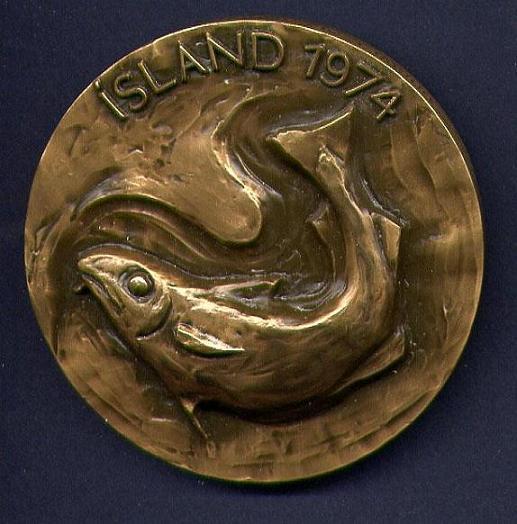Arcane Oolie for Submariners, and Quote of the Month
Background
Try this on your submarine's HM: What does BHC stand for? The answer, not found here, is known only to physicians and select employees of the medical profession.
The answer gets gory:
Robert Truog, professor of medical ethics, anesthesia and pediatrics at Harvard Medical School, compared the topic of pain in an organ donor to an argument over "whether it is OK to kick a rock."Submariners want to know. Then read what the
But BHCs—who don't receive anesthetics during an organ harvest operation—react to the scalpel like inadequately anesthetized live patients, exhibiting high blood pressure and sometimes soaring heart rates. Doctors say these are simply reflexes.
What if there is sound evidence that you are alive after being declared brain dead? In a 1999 article in the peer-reviewed journal Anesthesiology, Gail A. Van Norman, a professor of anesthesiology at the University of Washington, reported a case in which a 30-year-old patient with severe head trauma began breathing spontaneously after being declared brain dead. The physicians said that, because there was no chance of recovery, he could still be considered dead. The harvest proceeded over the objections of the anesthesiologist, who saw the donor move, and then react to the scalpel with hypertension.
'World's most popular blogging anesthesiologist'
has to say in just a few more paragraphs, including M.E.'s Quote of the Month. ...Although he doesn't believe the brain dead feel pain, Dr. Truog has used two light anesthetics, high-dose fentanyl and sufentanil, which won't harm organs, to quell high blood pressure or heart rate during harvesting operations. "If it were my family," he said, "I'd request them."Submarines are always silent and strange.
Labels: BHC beating-heart cadaver fentanyl and sufentani Dr. Stirt


0 Comments:
Post a Comment
<< Home